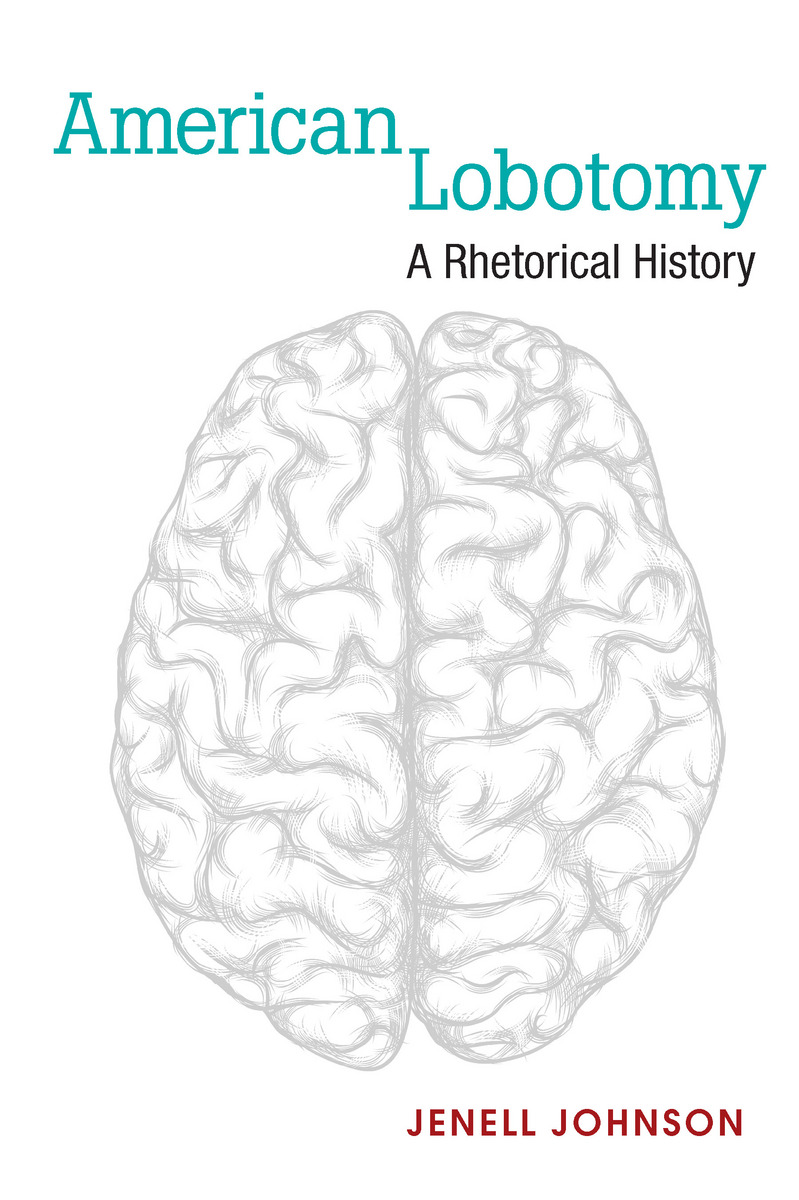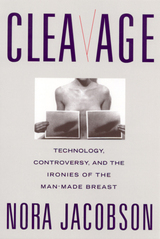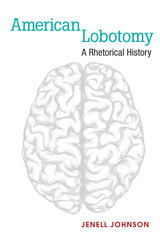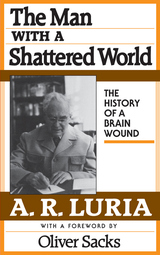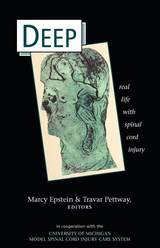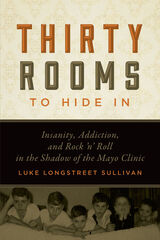American Lobotomy: A Rhetorical History
University of Michigan Press, 2014
Paper: 978-0-472-03665-3 | Cloth: 978-0-472-11944-8 | eISBN: 978-0-472-12058-1
Library of Congress Classification RD594
Dewey Decimal Classification 617.481
Paper: 978-0-472-03665-3 | Cloth: 978-0-472-11944-8 | eISBN: 978-0-472-12058-1
Library of Congress Classification RD594
Dewey Decimal Classification 617.481
ABOUT THIS BOOK | AUTHOR BIOGRAPHY | REVIEWS | TOC | REQUEST ACCESSIBLE FILE
ABOUT THIS BOOK
American Lobotomy studies a wide variety of representations of lobotomy to offer a rhetorical history of one of the most infamous procedures in the history of medicine. The development of lobotomy in 1935 was heralded as a “miracle cure” that would empty the nation’s perennially blighted asylums. However, only twenty years later, lobotomists initially praised for their “therapeutic courage” were condemned for their barbarity, an image that has only soured in subsequent decades. Johnson employs previously abandoned texts like science fiction, horror film, political polemics, and conspiracy theory to show how lobotomy’s entanglement with social and political narratives contributed to a powerful image of the operation that persists to this day. The book provocatively challenges the history of medicine, arguing that rhetorical history is crucial to understanding medical history. It offers a case study of how medicine accumulates meaning as it circulates in public culture and argues for the need to understand biomedicine as a culturally situated practice.
See other books on: Johnson, Jenell | People with Disabilities | Psychology | Rhetorical History | Social Science
See other titles from University of Michigan Press
